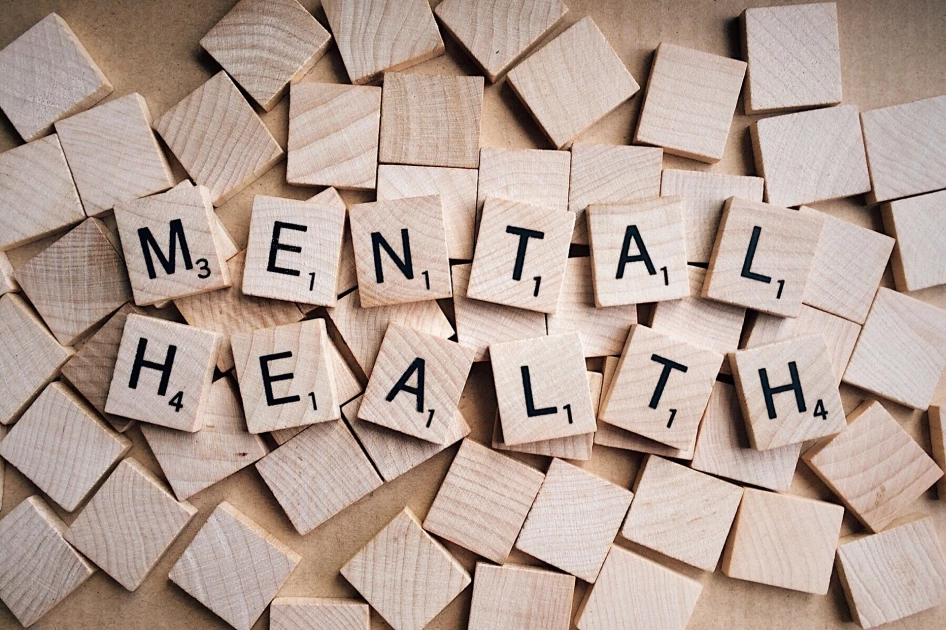Breaking the silence: Confronting the stigma around men’s mental health in Kenya

For men, in particular, societal expectations and traditional gender roles often demand emotional silence, toughness, and stoicism. Yet mental health issues do not discriminate by gender. It is essential to challenge these myths and encourage men to seek support when they need it.
In Kenya, men’s mental health remains an under-discussed issue, overshadowed by cultural beliefs that equate masculinity with emotional resilience. This raises critical questions: Why do so many men resist seeking help? And what can be done to change this narrative?
According to the World Health Organization (WHO), over 264 million people globally suffer from depression, with men less likely to seek help due to stigma and societal norms.
From an early age, boys are taught to suppress emotions—commonly reinforced by phrases like "mwanaume ni kujikaza" (men are tough). This mindset portrays vulnerability and emotional expression as signs of weakness.
As a result, many men avoid therapy or even confiding in close friends. The stigma surrounding mental health in Kenya exacerbates the issue, leading to a troubling silence.
Data from the Kenya National Bureau of Statistics (KNBS) reveals that men have higher suicide rates than women, highlighting the urgent need for mental health interventions.
The consequences of untreated mental health issues are far-reaching. Studies show a correlation between emotional suppression and rising cases of substance abuse, domestic violence, and suicide among Kenyan men. Economic hardships, unemployment, and pressure to "be strong" only compound these struggles, leaving many without healthy coping mechanisms.
Mental health professionals note that many Kenyan men fear being perceived as weak or inadequate if they admit to emotional struggles. This stigma, coupled with a lack of mental health awareness, often leads men to internalize their pain instead of seeking support.
Suppressing emotions doesn’t just harm psychological well-being. Mental health experts warn that chronic stress can lead to physical health problems such as high blood pressure and heart disease. Without intervention, this silent crisis continues to claim lives and strain relationships within families and society at large.
Despite these challenges, there is hope. A growing movement is working to break the stigma surrounding men’s mental health in Kenya. Organizations such as Chiromo Mental Health Hospital, Mindful Kenya, and the Kenya Red Cross are leading initiatives that offer accessible mental health services. These include support groups, hotlines, and awareness campaigns tailored to men.
Wayne Otieno, 23, shared his experience with Citizen Digital:
“I think most men weren't taught as well, the only thing I was sure when it came to vulnerability and emotions I was meant to deal with it like a man, but going through life and experiencing growth, mental health has become a priority in my life.”
Encouragingly, younger Kenyan men are beginning to shift the narrative. Unlike past generations, many are now more open to discussing mental health, prioritizing self-care, and seeking professional help.
Emmanuel Kioko, a psychologist at Ekima Counseling and Consultancy, noted:
“The young men are demystifying the norms because they are investing deep in their connections hence the ability to outright address mental health issues. Parenting has helped in the sense that young boys are encouraged to express themselves unlike in previous contexts where the boy-child was told to toughen up from a young age."
Kioko adds, "For context, if a girl fell down she was told it is okay you can cry but the boy-child was expected to deal with it like a man making it hard for them to express their emotions, something like crying was seen as a big deal.”
He also emphasized the importance of emotional intelligence: “They are woke in matters of mental wellness and they are able to identify patterns and in turn seek help.”
Emmanuel Mututho, 24, reflected on his own journey:
“Growing up I never had an open conversation with my parents about expressing my emotions, but I soon discovered how mental health is important as a man. Mental wellness means everything to me, there is so much societal pressure and expectations for men and it can get overwhelming. The fact that in this era people are embracing mental health in men is very encouraging.”
Wayne Otieno echoed the same sentiment: “I was not big on mental wellness when I was young, but in the process of going through life and experiencing growth, it has been a priority.”
Social media has also become a powerful tool in changing perceptions. It offers a safe space where young men can connect, share experiences, and engage in honest conversations about emotional well-being—helping to dismantle the longstanding silence and stigma.
Ultimately, the idea that vulnerability equals weakness must be left behind. Acknowledging one’s struggles and seeking help is a profound act of strength.
By promoting open dialogue, supporting mental health initiatives, and creating safe environments for expression, we can build a future where no man in Kenya has to suffer in silence.
Want to send us a story? SMS to 25170 or WhatsApp 0743570000 or Submit on Citizen Digital or email wananchi@royalmedia.co.ke
Comments
No comments yet.


Leave a Comment